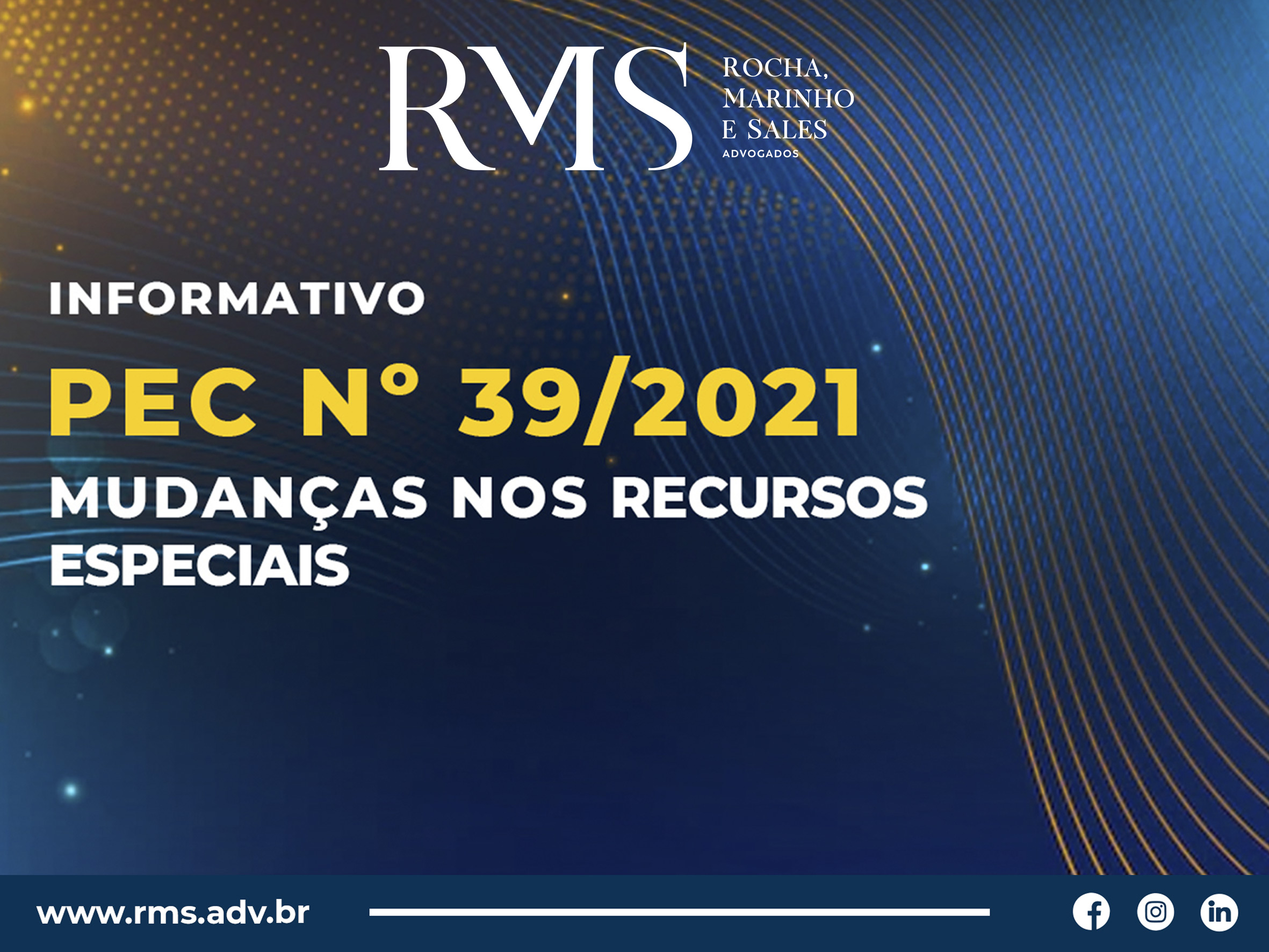Pandemic and the urgency in the debate on the application of new technologies in the justice systems
12/02/2021

A question that arouses, in the legal community and in society in general, the urgency in the debate on the application of new technologies in the justice systems.
It is observed, from the pandemic of the new coronavirus, changes and normative acts that seek, essentially, to ensure the functioning of the Judiciary, without prejudice to the population, at the same time that the recommendations of the health authorities to contain the dissemination are respected. of COVID-19, causing doubts about the permanence of these measures after overcoming the pandemic, an issue that arouses, in the legal community and in society in general, the urgency in the debate about the application of new technologies in the justice systems.
It is worth remembering that the current public health emergency situation has accelerated the adoption of technological resources in jurisdictional provision. Resolution No. 314 of the National Council of Justice indicated as a rule, during the period of its validity, the practice of procedural acts in electronic or virtual media (art. 3, § 2), expanded the scope of virtual judgment sessions in Courts and in the Special Classes of Appeals for physical processes, in addition to the electronic ones, without restriction as to the matter (art. 5, caput), ensuring the realization of oral support through videoconference (art. 5, single paragraph), determining that the Courts regulate the remote work of magistrates, civil servants and collaborators (art. 6, caput), also encouraging the digitalization of physical processes (art. 6, § 4).
With this, it appears that the set of rules that regulate the virtualization of acts, procedures and judgment sessions during the pandemic anticipated the prognosis that the functioning of the Courts would be transformed by technology, serving as an alert to the need for adaptation of law firms. law, legal departments and the professional training that is done in higher education institutions.
In the specialized literature the application of new technologies to the Judiciary has been discussed for some time, so much so that the use of different expressions to deal with this phenomenon of modernization has spread. Online Courts are referred to when referring to virtualization, development of online platforms and Online Dispute Resolution tools integrated with jurisdictional provision, Cyberjustice, in general, refers to the digitization of justice systems, both procedurally and procedurally, with the use of resources technological solutions in the solution of judicial and extrajudicial conflicts, while Intelligent Courts is associated with the transformation of the Judiciary into an intelligent space, integrating it with Artificial Intelligence and other technologies, incorporating the strategic value of Big Data, more levels of performance and technological applications.
In common, the investigative effort of ways for institutional improvement with the implementation of new technologies, transforming the traditional formats in which justice is delivered, in order to face issues related to access to justice, growth of the procedural stock, costs, efficiency, guarantee fundamental rights, people management, more appropriate conflict resolution, standardization of jurisprudence, among others.
Undoubtedly, the advancement of virtualization brought about as a result of the pandemic spells out indicators of profound changes in the functioning of the Courts, raising doubts about its effects after the public calamity caused by the spread of the new coronavirus has been overcome. These questions go beyond virtualization, reinforcing the urgency in the debate about the need for rules that guide the application of new technologies in the justice systems.
Analyze the adequacy of these solutions to the specificities of different branches of law, the indispensable compliance with guiding principles of the legal order, due to the legal process, wide defense, legal security, uniformity and stability of the jurisprudence, the guarantee of information security, compliance with specifications Internet connection techniques are essential aspects for the definition of a technologically informed governance model for the Brazilian judiciary.
Finally, it should be noted that the human role in any technological innovation is essential and indispensable, there being no need to talk about replacement by software, but the preservation of rights, the implementation of principles and institutional improvement.
By: Wilson Sales Belchior




